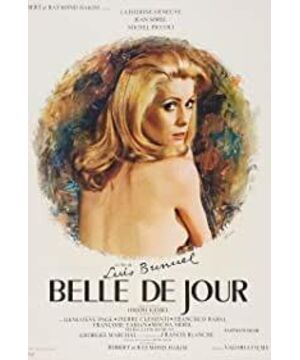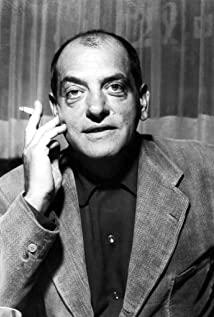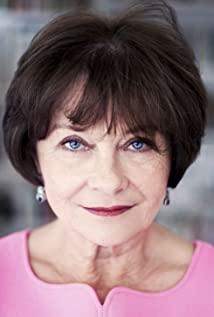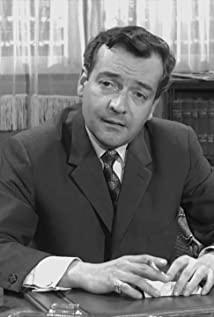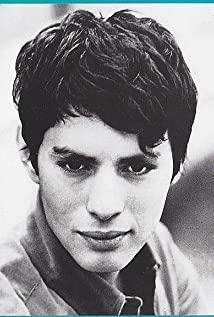2013-06-27 01:00
The biggest topic is to raise this old and bold question (or hypothesis): Can sex and love be separated and deduced with a story; and the protagonist's full-line experience design expresses that women and men are very different about sex understanding/feeling perspective. Perhaps the conclusion is that women can separate the two and tend to separate, or that sex is never as simple in women's subconscious as it is for men, but contradictory, multiple, enjoyment and fear (the heroine learns more through sex practice Her husband loves him more and enjoys it, but when her husband loses his sexual ability, she subconsciously puts down her heart. Is sex more a threat to women? Although the screenwriter has designed an extreme childhood for the protagonist, it seems more like taking advantage of Situational intensification to provide part of a rationale for this potentially universally contradictory externalization? Isn't so-called "indifference" common among women, just watched Pascha last night )? This gender asynchrony is probably the trigger for a lot of questions (and also a source of inspiration for creating a lot of drama/interlacing/missing), why can't women be as simple and direct as men? Women are born with such complex and contradictory views, can you tell whether it comes from her psychology or physiology (cycle, location, role...)? This seems to be a perpetual mystery - and that's where the film elicits the most fascination.
Women are always a mystery to sex - simply "Women are a mystery"? Wow, it seems that I suddenly understand that when a man says this, maybe what he is feeling is a woman's ambivalent attitude towards sex? Although he may not know it himself, maybe he is right about a specific thing, isn't that the root? The most vital, fatal and intolerable asynchrony between the sexes. This is the source of the problem. As for women? How can sisters make peace with their nature/gift without letting it lead to bad? ...I really don't know. During the process, the hostess said that she could not see herself clearly. Try to avoid the intensification of contradictions like the heroine? Observe and analyze your own situation, adjust at any time which is more important, dynamic guidance, and enough to stop? ... (Whether it is correct or not is complete or not will not be explored first, at least this film has extracted a reference scale model, providing us with a thinking angle to guide/control our own life - it has saved us a lot of wisdom and time. .. 60's film which ~).
In terms of plot, the female protagonist's asexual love for her husband only mentions "different", but does not make a narrative of equality with sex, which is a little abstract in this respect (or is not persuasive? It is understood from the perspective that economic dependence goes to the psychological level, or is it a long-term relationship with family members? What is the difference?), but this may not be important anymore, after raising the eternal question (if the main point is really as stated above) Talking about the contradictions of women's subconscious about sex), the problem is raised, and the rest, you can take it slowly when you need it.
The performances are all good; the narrative is clear, concise, neutral, and general, and the psychological feelings are clearly expressed in dreams/scenarios.
View more about Belle de Jour reviews


